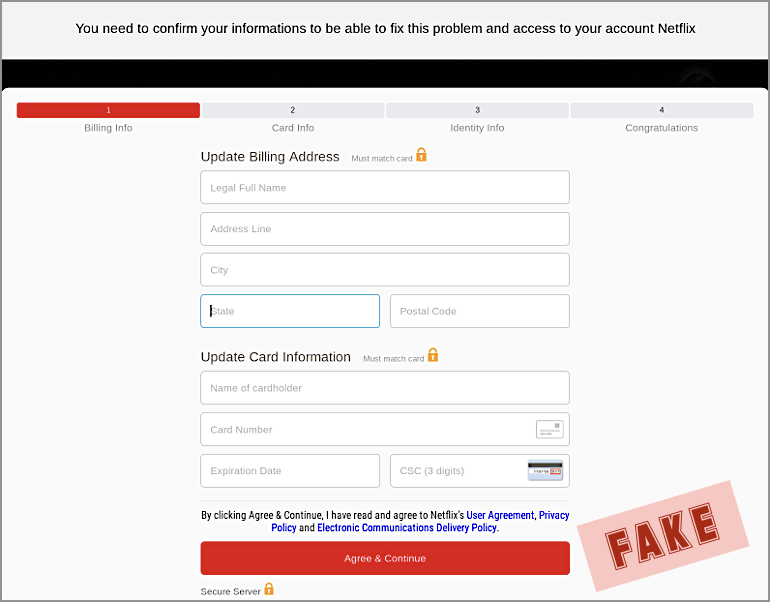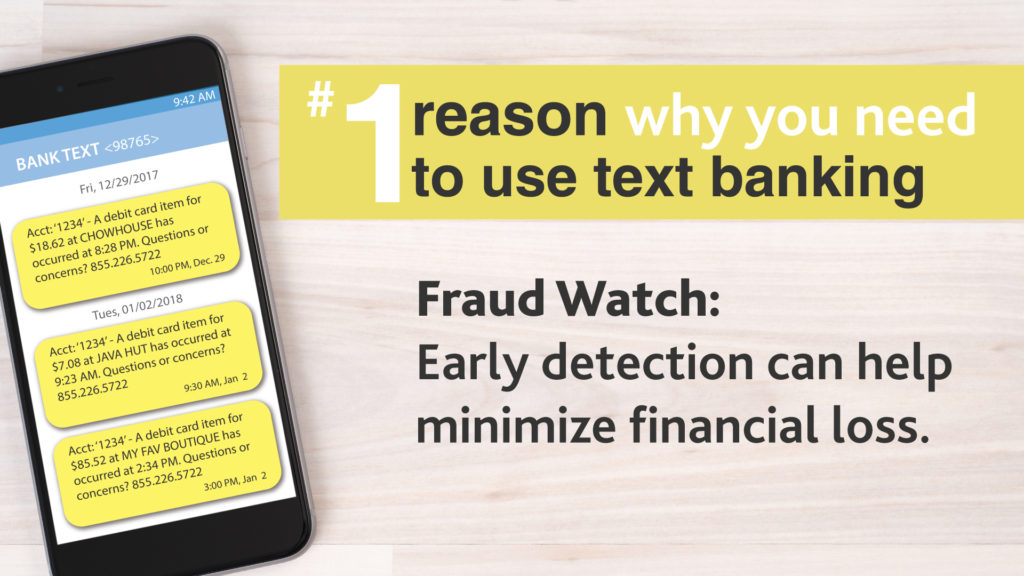
Appraisals are a necessary part of the homebuying process, and for years, they were required to obtain mortgage financing on all new purchases or refinances.
Now, in some cases, the Federal National Mortgage Association, known as Fannie Mae, may waive an appraisal for eligible transactions.
Not all homes qualify.
In fact, Fannie Mae states that the majority of transactions will not receive a Property Inspection Waiver (PIW), meaning an appraisal is required to establish the market value.
Minimum standards for a PIW include one unit properties at or below 80-percent loan-to-value for principal residences and second homes.
Fannie Mae uses a database of more than 26 million appraisal reports as well as a proprietary analytics system to determine if the current market value of a property is acceptable or should be confirmed. For example, properties located in disaster-impacted areas will require new appraisals.
If your property receives the inspection waiver, you still have a choice to order your own appraisal.
Appraisals are important.
An appraisal verifies the value of the property you are purchasing. It helps you and your lender ensure you are not overpaying based on current market conditions.
A PIW, in my opinion, will best serve refinances. There are limitations for refinances too. Not all will qualify.
Do your homework.
A PIW may shorten your mortgage process by eliminating the need to schedule an appraisal, which will lead to a reduction in loan origination costs.
It’s important to be informed and get all the facts regarding your mortgage financing options.
I can help answer your questions, even if you are not an RCB Bank customer.



























